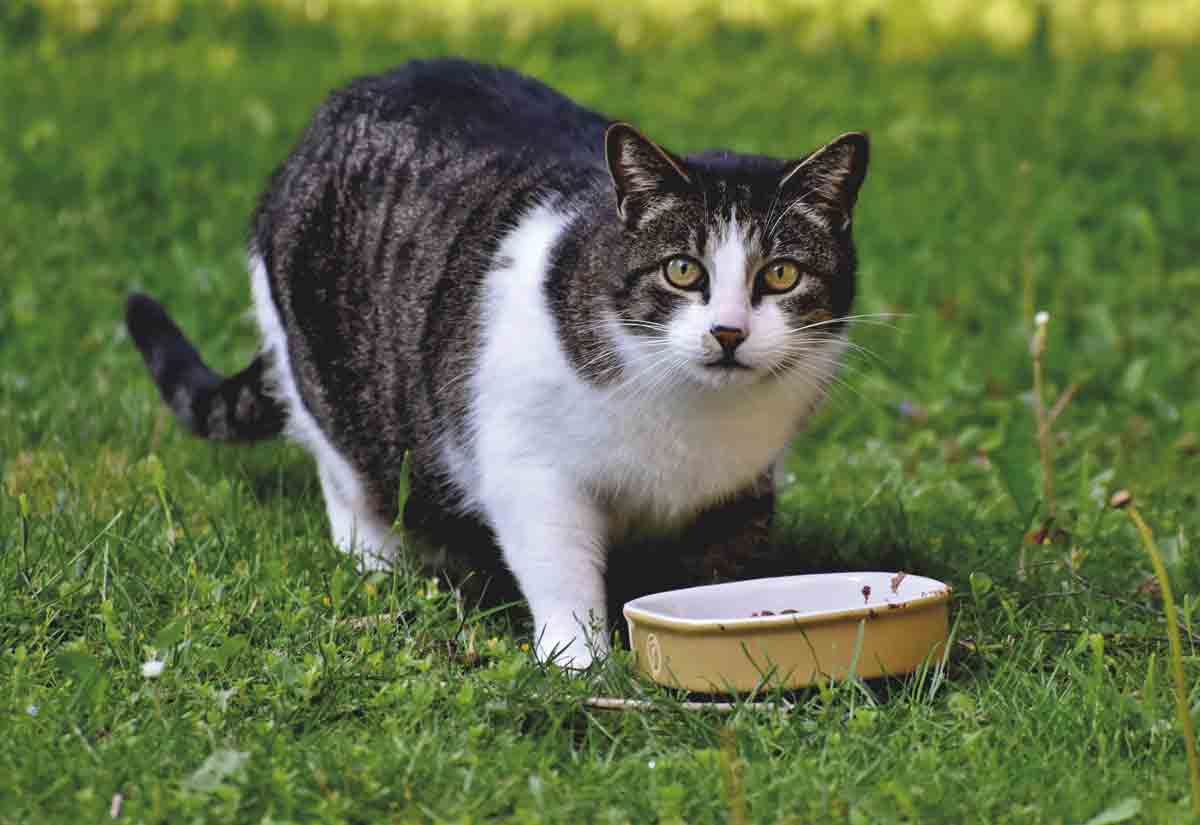
Carnivorous by nature, cats have meat as the basis of their diet. But what other foods can they ingest? Are fruits on the list of recommended foods for your pet? Which ones are safe and which are toxic? Learn the ideal foods for your cat to eat without risks.
+ Viral Video: Dog Shows Impressive Baseball Talent
+ See the 15 most expensive dog breeds to raise and maintain
+ 5 popular dog breeds you should never bring home, according to a vet
Whether fresh or frozen, fruits and treats should be limited to 2% of your cat’s diet. It is recommended that they be given separately from regular feed. Remembering that, due to the high sugar content of fruits, diabetic cats cannot receive the same dietary treatment.
Safe foods for your cat
Banana
Good source of vitamins B6 and C, potassium and carbohydrates. Offer the banana sliced, fresh or frozen.
Watermelon
Cats can eat a small portion of watermelon. But be careful: do not give the rind or seeds to your pet.
Strawberry
Felines can eat strawberries in small quantities. Remove the stems and leaves and wash the strawberries before cutting them into small pieces.
Berries
Blueberries, blackberries, and raspberries are safe fruits for your cat. They are rich in antioxidants and fiber, as well as vitamins A, C, K, and E. Make sure to cut each fruit into small portions to avoid choking hazards.
Apple
The pulp of apples is rich in calcium, vitamin C, vitamin K, and pectin. Cats can get the same health benefits from apples as humans. Offer small slices or cubes of the fruit with skin, but stems and seeds should be avoided.
Mango
This sweet fruit – rich in fiber, vitamin C, B6 and A – can be a treat for cats. Small cubes or slices of mango are allowed, but avoid the skin and seeds.
Pineapple
Cats can eat pineapple with some restrictions. This fruit offers a diet rich in fructose, vitamins (A, B6, folate, C) and minerals (magnesium and potassium). Fresh pineapple is preferable to canned, which is usually wrapped in a sugary syrup that may contain preservatives. Make sure to completely remove the leaves, thorns and skin of the pineapple before sharing the food with your feline.
Melon
Source of vitamin C, beta-carotene, fiber, and antioxidants, melon is often a favorite fruit of cats. Offer small cubes or slices of the pulp, but avoid the skin.
Other fruits and foods
Among the ideal foods for your cat are apricot, kiwi, nectarine, and pear, artichoke, asparagus, beans, broccoli, cabbage, carrot, cauliflower, celery, coconut, eggplant, ginger, green beans, lettuce, olives, peas, pumpkin, sweet potato, zucchini.
Food not recommended for your cat
Fruit snacks
Cats should not receive snacks with chunks, which are made with concentrated juice without the fruit’s fiber. The excess sugar makes fruit snacks especially harmful for cats.
Grapes and raisins
Ingesting these foods can cause serious digestive problems in your cat, vomiting, diarrhea, lethargy, and even acute kidney failure.
Lemon, lime, and orange
The oils and compounds of citrus fruits, such as oranges, lemons, and limes, can cause digestive irritation, vomiting, diarrhea, or even depression of the central nervous system.
Other foods
Green onions, garlic, green tomatoes, leeks, wild mushrooms, onions, rhubarb, and most seeds, stems, pits, peels, and roots.

